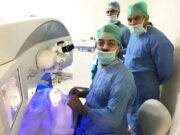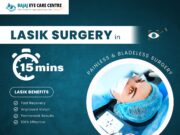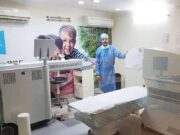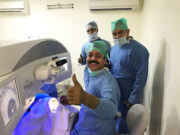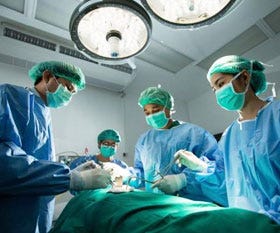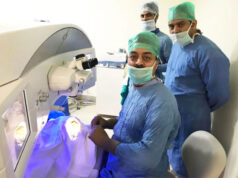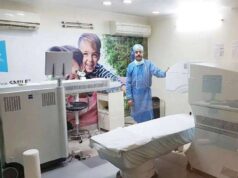Let’s explore the landscape of Chronic post-surgical pain treatment in Delhi and discover pathways to a pain-free existence.
Body:
- Understanding Chronic Post Surgical Pain:Define chronic post-surgical pain: Chronic pain persisting beyond the normal healing time after surgery.
Common causes: Surgical trauma, nerve damage, scar tissue formation, and psychological factors.
Impact on life: Disruption of daily activities, decreased quality of life, and emotional distress. - Multidisciplinary Approach to Treatment:Collaborative efforts: Pain management specialists, surgeons, physiotherapists, and psychologists work together.
Tailored treatment plans: Addressing the unique needs of each patient through a combination of therapies.
Holistic care: Beyond medication, incorporating physical therapy, cognitive-behavioral therapy (CBT), and alternative therapies like acupuncture or yoga.
3. Cutting-Edge Treatments Available in Interdenominational procedures
4. Importance of Patient Education and Support:Empowering patients
Chronic post-surgical pain (CPSP) refers to pain that persists for at least three months after surgery, either in the surgical area or a nearby location. To diagnose CPSP, it is important to rule out other possible causes of pain such as infection or recurrence of the original problem. Additionally, the pain should have been absent before surgery or have different characteristics from preoperative pain.
The type of surgery can influence both the risk of developing CPSP and its severity. Some surgeries are more likely to result in CPSP, including amputations, thoracotomy, and mastectomy. It can also occur after common operations such as hernia repair, cesarean sections, and knee replacement. Risk factors for developing CPSP include pre-existing pain, the severity of acute pain immediately after surgery, multiple surgeries, younger age, and the site of surgery. Genetic and psychological factors may also play a role. A significant proportion of cases are attributed to nerve damage.

























